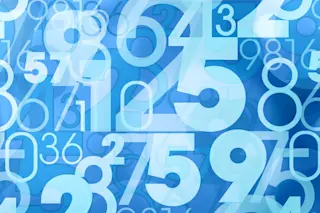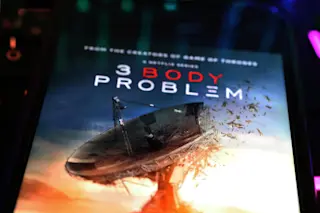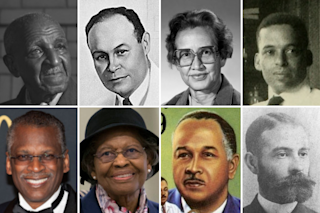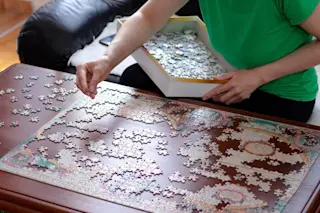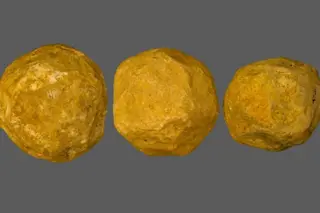Given that there are four equally likely ways to flip a coin twice (HH, TT, HT, TH), consider this game. Two players each pick one of these pairs, and a coin is flipped repeatedly until one player's pair appears as a run in the string of flips. So if Player 1 chooses TT, Player 2 chooses HH, and the flips are THTHH, then Player 2 wins.
Now here's the wager: I'll bet you even money that HT beats TT. Sounds fair, but I have a ¾ probability of winning, because TT only precedes HT if the first two flips are TT, and the probability of that is only ¼. With triplets—three flips—it gets weirder: No matter which triplet Player 1 selects from the eight equally likely ones (HHH, TTT, HHT, TTH, THH, HTT, HTH, THT), Player 2 can always find another triplet that is more likely to come up first. In other words, the first player's bet is always a sucker bet!




